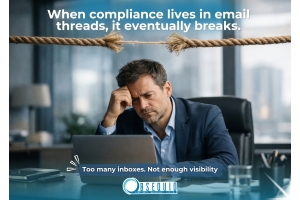Monthly Archives: August 2024
-
Posted: August 28, 2024Read more »
In today's rapidly evolving security landscape, staying ahead of the curve is not just an advantage – it's a necessity. As technology advances and threats become more sophisticated, the importance of professional certification in the security industry has never been more critical. At SecurityCEU.com, we understand the vital role of well-trained, certified professionals in safeguarding businesses, homes, and communities.
Why Professional Certification Matters
Professional certification is more than just a piece of paper – it's a testament to your expertise, dedication, and commitment to excellence in the security field. Here's why it matters:
- Industry Standard: Certification, particularly the Level One equivalent, is the industry benchmark for electronic security and life safety technicians. It provides a solid foundation of knowledge and universally recognized
-
Posted: August 13, 2024Read more »
In the security industry, compliance with regulatory changes is not just a legal obligation but a cornerstone of operational integrity and business success. But, as every security industry professional knows all too well, staying ahead of regulatory changes is tremendously difficult. This quick but comprehensive guide explores the importance of compliance, the challenges involved, and strategies to stay ahead of regulatory changes. It includes both manual methods and the benefits of compliance management systems like Obsequio.
The Importance of Compliance
Compliance in the security industry is crucial for several reasons:
- Legal Obligations: Adhering to state and local regulations is mandatory, often requiring specific licenses and certifications to operate legally.







